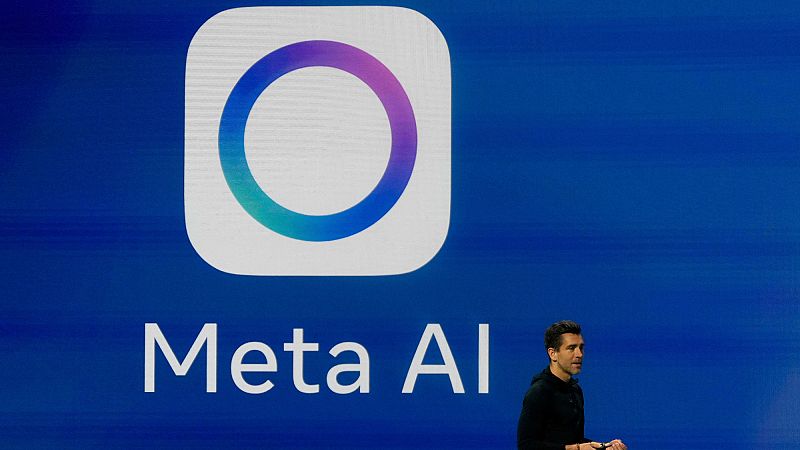Meta Refuses to Sign EU’s AI Code of Practice
Meta, the parent company of Facebook and Instagram, has decided not to sign the European Union’s AI Code of Practice on General Purpose AI (GPAI). This decision was announced by Joel Kaplan, Meta’s Chief Global Affairs Officer, in a statement released on Friday.
Kaplan expressed concerns about the direction the EU is taking with regard to AI regulation. He stated that Europe is “heading down the wrong path on AI” and emphasized that Meta has carefully reviewed the European Commission’s Code of Practice for GPAI models. According to him, the Code introduces legal uncertainties for model developers and includes measures that go beyond the scope of the AI Act.
The Code of Practice was recently released by the Commission as a voluntary set of rules aimed at addressing transparency, copyright, and safety and security issues. It is designed to help providers of AI models, such as ChatGPT and Gemini, comply with the AI Act. Companies that sign up to the Code are expected to be compliant with the Act and can anticipate greater legal certainty, while those who do not may face more inspections.
The AI Act’s provisions affecting GPAI systems will come into effect on 2 August. However, it will take an additional two years before the AI Act, which regulates AI systems based on the risk they pose to society, becomes fully applicable.
OpenAI Supports the Code
In contrast to Meta’s stance, OpenAI, the parent company of ChatGPT, has indicated that it will sign up to the Code once it is ready. This shows a differing approach among major AI companies regarding their engagement with the EU’s regulatory framework.
Criticism from Tech Giants
The drafting process of the Code faced criticism from major technology companies as well as CEOs of European firms. They argued that the rules require more time to implement effectively. Joel Kaplan of Meta echoed these concerns, stating that the overreach of the Code could hinder the development and deployment of frontier AI models in Europe. He also warned that this could stifle European companies looking to build businesses around these models.
Approval Process for the Code
The Code requires approval from EU member states, which are represented in a subgroup of the AI Board, as well as from the Commission’s own AI Office. Member states are expected to give their approval as early as 22 July. The EU executive has stated that it will publish the list of signatories on 1 August.
Additional Guidance Released
On Friday, the Commission also published further guidance to assist companies in complying with the GPAI rules. This additional support aims to clarify the requirements and help businesses navigate the regulatory landscape effectively.
As the EU continues to shape its approach to AI regulation, the responses from major tech companies highlight the ongoing debate about how best to balance innovation with oversight. While some companies like OpenAI are willing to engage with the new framework, others like Meta remain skeptical, signaling a complex and evolving relationship between the tech industry and EU regulators.







